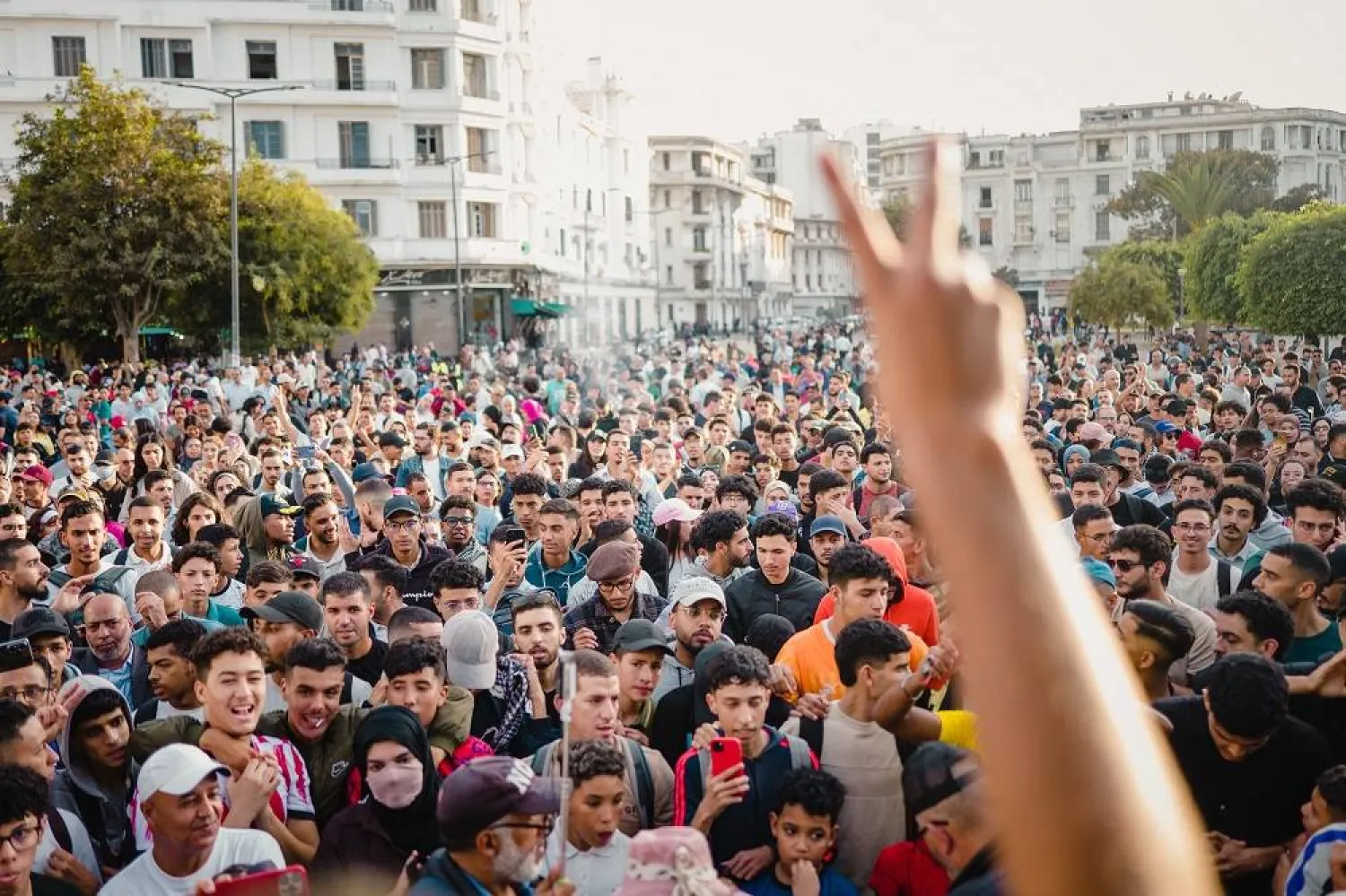
Sixty Moroccan public figures have called on King Mohammed VI to enact reforms and fight corruption amid nationwide youth protests. The open letter, signed by academics, artists, and human rights defenders, voiced support for demonstrations ahead of the king’s annual address.
“We are addressing you because you hold the ultimate authority and responsibility in this country,” the letter urged, demanding deep, systemic action. Protests erupted in late September after eight pregnant women died at a public hospital, sparking demands for better healthcare and education.
On Tuesday, another woman died at the same hospital after being transferred, prompting a formal investigation by the health ministry. Demonstrators have also demanded an end to corruption and called for the resignation of Prime Minister Aziz Akhannouch.
The movement, GenZ 212, emerged online through Discord, with its founders remaining anonymous, fueling unprecedented youth-led mobilization across Morocco. Clashes in recent days have turned violent, leaving three people dead in the village of Lqliaa, authorities said, citing police self-defence.
One victim was a film student documenting the unrest, whose family condemned the killing amid escalating tensions across the country. Rights groups reported dozens of arrests in early stages, while 179 individuals in Rabat face charges and one man received a 10-year sentence.
Earlier this week, GenZ 212 announced a temporary suspension of protests to prepare a larger rally on Thursday, before the king’s speech. The letter from public figures called protesters’ demands “legitimate,” urging constitutional reform, anti-corruption measures, and release of detained activists and prisoners of conscience.
Many Moroccans have criticised lavish state spending on World Cup infrastructure, arguing priorities should focus on healthcare, education, and basic public needs. Despite calls for resignation, Akhannouch has expressed willingness to dialogue with protesters, stressing the government’s commitment to respond to public grievances.
